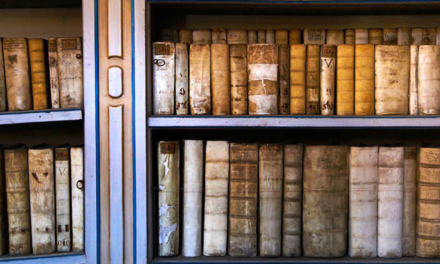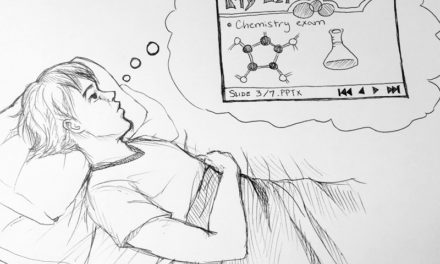Corruption has always been a contentious issue in India, but it has never as pronounced as it has been in the last two years because new corruption allegations against high-level figures have been reported almost every week. While one would assume that these allegations potentially damage the reputations and careers of the individuals in question, they have equally serious ramifications for news channels that report them because politicians are responding through legal channels.
A prime example of such an incident involved a Hindi channel called Aaj Tak, which accused India’s foreign minister, Salman Khurshid of swindling money meant for the disabled from a charity run by his wife, Louise Khurshid. The Khurshids sued the channel for $185,000. Deepak Sharma, the head of investigative reporting at Aaj Tak, defended the story claiming that it was important to run the story because taxpayer money was involved and Louise Khurshid was given a month to respond to the allegation before the channel aired the story.
Developments such as the one above have compelled news organizations to reconsider airing panel discussions in which activists unleash criticism relentlessly against politicians. This is a worrying sign because it might set a precedent in which news organizations withhold the truth from the public, thereby conveying that those who want to indulge in nefarious activities can get away unnoticed because news organizations are afraid of a backlash in the form of defamation suits.
The increasing number of defamation suits has redefined defamation and questioned the boundaries of free speech because news channels would only report those matters that are unlikely to increase their troubles. On the flip side, however, these developments could and should inspire news organizations to verify every claim before reporting, thereby ensuring that no individual could sue them for defamation. News organizations are getting more powerful in India and it is important that they use that leverage by reporting the truth to the best of their abilities without fearing legal threats because their ultimate obligation is to the Indian public who deserve to know the whole truth about the country.
Aditya Mehta is a College sophomore from Mumbai, India joint majoring in Sociology-Religion and minoring in Global Health, Cultures and Society.
The Emory Wheel was founded in 1919 and is currently the only independent, student-run newspaper of Emory University. The Wheel publishes weekly on Wednesdays during the academic year, except during University holidays and scheduled publication intermissions.
The Wheel is financially and editorially independent from the University. All of its content is generated by the Wheel’s more than 100 student staff members and contributing writers, and its printing costs are covered by profits from self-generated advertising sales.




